"A Journey Beyond Three Seas" by Afanasy Nikitin of Tver
Translation of the Medieval Russian chronicle of a merchant's travels in India
Preliminary note: For Gmail readers, this essay might be clipped due to size limitations. To read the entire essay simply click on “View entire message” at the bottom of the email, thanks.
Foreword by the Translator
Хождение За Три Моря, or “A Journey Beyond Three Seas” is a record of Afanasy Nikitin’s grand adventure to India from 1468 to 1474. Afanasy was a merchant from the city of Tver, located northwest of Moscow, who set out in search of commercial opportunities in India. His quest takes a series bad turns almost immediately. In the lower Volga River the Tatars rob him and leave him naked, then he is taken prisoner in Dagestan, only to be freed but left stranded in the Caspian Sea. Far from home, yet unable to return, he decides to proceed further into the depths of Asia, travelling across Persia and sailing from the Persian Gulf to reach India. While in India Afanasy amassed a large copus of information on the country’s trade, politics, customs and general facts about how people lived there.
Throughout the text Afanasy regularly finds himself in life threatening danger, but always escapes from an ill fate which makes for both an exciting and amusing read. Yet, what is most striking about the text is that despite its simplicity Afanasy’s emotions are often detectable, such as his longing for home, his fear, and even his amusement at the strangeness of India.
Afanasy did not return to Tver and the text ends in Crimea. Instead, Afanasy died near Smolensk, then under the Grand Duchy of Lithuania. But nevertheless he did made it back to Russian lands.
Notes on the Translation
This translation is based on a modernized Russian text by L. S. Semenov. The modernized Russian edition can be found here: http://www.hrono.ru/dokum/1400dok/za3moryas.php
This is not a professional translation and there might be some mistakes. If anyone spots any flaws in the translation feel free to mention it in the comments. I will review any suggestions and make appropriate corrections.
The text is generally quite simple but some parts are very ambiguous. I occasionally consulted Count Wielhorski’s translation for clarification. Wielhorski’s translation can be found here: https://www.yorku.ca/inpar/nikitin_wielhorsky.pdf
I have also added extensive footnotes with annotations explaining words, locations, and other things that might be unknown to the reader.
A Journey Beyond Three Seas
In the year 6983.1 In this year I received a letter from the merchant Afanasy of Tver, who spent four years in India, and traveled with Vasily Papin. I questioned Vasily Papin about when the Grand Prince sent him to travel an as ambassador with the gyrfalcon envoy. He told me it was a year prior to the Kazan campaign2 when he returned from the Horde.3 He later died near Kazan, shot dead by an arrow, when Prince Yuri went against Kazan. I did not find in the letter in which year Afanasy went to India or in which year he returned and died, but they told me that he had died before reaching Smolensk. He wrote the letter with his own hands, and this notebook of his records was brought to Moscow by the merchant Vasily Mamyrev, deacon of the Grand Prince.
(Afanasy Nikitin’s text begins)
For the prayer of our Holy Fathers, Lord Jesus Christ, son of God, have mercy on me, your sinful slave Athanasius, son of Nikitin.
Here I have recorded my sinful journey across three seas: the first - the Derbent Sea,4 Darya Khvalisskaya,5 the second - the Indian Sea, Darya Hindustanskaya,6 and the third – the Black Sea, Darya Istanbulskaya.
I travelled from the Savior of the Holy Zlatoverkhy Cathedral, with the grace of the sovereign of Tver, Grand Prince Mikhail Borisovich, and from the lord Gennady of Tver and from Boris Zakharich.
I sailed down the Volga and arrived to the Kalyazinsky Monastery, and the shrines of the Holy Live-giving Trinty and Holy Martyrs Boris and Gleb.7 There I received a blessing from the abbot Makariya and holy brothers. From Kalyazin I sailed to Uglich, and from Uglich I departed without any difficulties. I sailed away from Uglich, and arrived in Kostromo and met Prince Alexander with a letter from the Grand Prince of Tver. He released me without any problems. I then arrived in Ples without any difficulties.
I arrived in Nizhny Novgorod to Mikhail Kiselev, the viceroy, and to the envoy Ivan Saraev, and they released me without any difficulties. Vasily Papin, however, he had already travelled past the city while I had waited two weeks in Nizhny Novgorod for Khasan-Bek, the ambassador of the Shirvanshah8 of the Tartars. Khasan-Bek was transporting a gift of ninety falcons from Grand Prince Ivan to the Shirvanshah. I sailed down the Volga with them. We passed by Kazan without any difficulties and without seeing anyone. We also sailed passed by Orda, Uslan, Sarai, Berekezan before arriving to the River Buzan.9 And there we were met by three heathen Tatar women who gave false news to us: “the Sultan Kasim lies in wait for the merchants in Buzan, and with him are three thousand Tatars.” Khasan-Bek, the ambassador of the Shirvanshah, gave each of them a caftan and piece of canvas, in exchange for them to guide us around Astrakhan and avoid Sultan Kasim. And they, the godless Tatars, took the caftan and canvas, yet still brought news of us to the Astrakhan Tsar.10 My comrades and I transferred from our smaller ship to the larger ship of the ambassador’s.
We sailed past Astrakhan, with the moon shining above, and Tsar saw us, and the Tatars cried out to us: “Kachma!”11 We disregarded this as if we heard not a sound and we fled under our sails. For our sins the Tsar sent all of his people after us. They overtook us at Bogun12 and began to shoot at us. They shot one of us dead, while we shot dead two Tatars. The small ship of ours ran aground and became stuck, and was then seized by the Tatars who seized of my belongings that were on that vessel.
In the larger ship we reached the sea, but it soon became stranded in the mouth of the Volga, and there the Tatars overtook us. They robbed us of everything and the four Russians were taken as prisoners, only to be released later and left completely naked and sent out to sea, and forbidden to return back up the river.
In tears we sailed in two ships to Derbent. In one ship were the envoy Khasan-Bek, some teziks,13 and us Russians, ten people in total. In the other ship were six people from Moscow, six people from Tver, some cows, and our food. A storm then arose on the sea, and the smaller ship was washed up on the shore. There stood the town of Tarki,14 and out came Kaitags15 on to shore, and we were all taken as prisoners.
We arrived to Derbent, and soon after Vasily Papin safely arrived there to. We were robbed of what little we had left. I prayed for Vasily Papin and the ambassador of Shirvanshah Khasan-Bek, with who we traveled with, and I prayed on behalf of the Kaitags of Tarki who had captured us. Khasan-Bek went up into the mountains to seek Bulat-Bek, and make a request to him. Bulat-Bek sent a runner with a message to the Shirvanshah: “Lord! A ship of Russians washed ashore under Tarki, and the Kaitags have taken them as prisoners and robbed them of all their goods.”
The Shirvanshah immediately sent an ambassador to his brother-in-law, the prince of the Kaitags Khalil-Bek: “A ship of mine has washed ashore under Tarki, and your people have looted it and captured its crew, but these people were to come to me with their merchandise to trade, as they had been sent to be me specifically. And you must listen to me as your brother and do not argue. These people were coming to me, and you must release them without any obstacles.” Khalil-Bek immediately released all of us and we travelled to Derbent without any difficulties. Derbent sent us along to the camp of the Shirvanshah at Koitul.
We went to the camp of the Shirvanshah and prayed he would bequeath onto us the means to return to Rus. But he gave us nothing. We were broken, crying, knew not where were to go. We had left much behind in Russia and it was to the Rus we wanted to go, it was to there our eyes looked towards. Some left for Shemakh, while others went to Baku for work.
And I went to Derbent, and from Derbent I went to Baku, where the fire burns endlessly,16 and from Baku I went across sea to Chapakur.17
I lived in Chapakur for six months, and then in Sari for another month, both in Mazandaran. From there I went to Amolyu and lived there for a month. From there I went to Demavend, and from Demavand to Ray. Ray is where they killed the children of Hussein, who was the child of Ali and the grandson of Muhammad the Prophet, and afterwards a curse of Muhammad fell upon the killers and seventy cities were destroyed.18
From Rey I went to Kashan and lived there for a month, and from Kashana to Nain, and from Nain to Yazd where I lived for a month. From Yazd I went to Sirdzhan, and from Sirdzhan to Tarom, where livestock is fed with dates, and a batman of dates is sold for around four altyns.19 From Tarom I went to Lar, and from Lar to Bender20 and then to the port of Ormuz. And there begins Indian Ocean, known in Persian as the Hindustan Sea; which is four miles from the city of Ormuz.
Ormuz is on an island, and tide rises twice a day. I arrived in Ormuz four weeks before Easter, and I spent my first Easter abroad there. I have not named all the cities I passed, and many were very large. The heat of the sun is very powerful in Ormuz, a person can easily burn there. I was in Ormuz for a month, and left the city after Radonitsa in Easter21 I traveled with some horse in a tava22 with horses across the Indian Ocean.
We travel ten days across the sea to Muscat,23 and from Muscat we went to Deg, and from Deg to Gujarat,24 and from Gurjarat to Cambay. Indigo dye is produced there. From Cambay we sailed six to Chaula, and then left Chaula seven weeks after Easter. In total we sailed six weeks in a tava to reach Chaula.
In India people walk around naked, with their head uncovered, breasts uncovered, their hair in one braid, and their belly showing. Every year many children are born and already they have many children. All the men and women go about entirely naked and their skin is very dark. I cannot go anywhere that is not crowded with people, and they all marvel when they see a white person. The local prince wears a turban on his head and another on his hips, while the local boyar25 wears a veil across his shoulder and another on hips, while the princess wears a veil thrown over her shoulder and another veil her hips. The servants of the prince and boyars wear one veil wrapped around their hips, and a shield in one hand and a sword in the other, while others carry a javelin, a dagger, or saber, and some have a bow and arrows. And yes they are all naked as well, and barefoot, and very strong, with unshaved hair. Women walk about with their head uncovered,26 their chests naked, while boys and girls walk about naked up to the age of seven with their shame uncovered.
From Chaula we travelled eight days by land to Pali,27 within sight of the mountains of Indian. From Pali we traveled ten days to Umri, and from Umri we traveled seven days to Junnar.
Junnar is ruled by Asad-Khan, and serving under him is Melik-at-Tudzhar. It is said Melik-at-Tudzhar gave Asad-Khan seventy thousand soldiers, while Melik-at-Tudzhar himself commands two hundred thousand soldiers, and has been fighting against the kafirs for twenty years, and the kafirs have never won, while he has defeated them many times. Asad-Khan is carried by people when he travels. He has many elephants, many good horses, and he has many warriors from Khorasan.28 The cavalry force comes from Khorasan, Arabia, Turkmen land,29 and others from Chagotai land,30 and they come from overseas on a tava ship.
And I, sinfully, brought a stallion to India and took him with me to Junnar, with God’s help and with health, all at the cost of one hundred rubles.31 Winter began on Troitsyna Day.32 I wintered in Junnar, and lived there for two months. Every day and night, for the entirety of four months it rained, with everything becoming wet and dirty. During this time the Indians plow their fields and sow wheat, rice, peas, all to eat. Their wine is made from big nuts, known as ‘goats’ to the Indians. Horses here fed on peas and stewed kkhichri33 with sugar and meat, and in the morning they fed them sheshni.34 In India horses are not native, while oxen and buffaloes are, instead horses are imported from abroad.
The city of Junnar is built on a rocky cliff without fortifications and instead protected by God. The road up the mountain to the city is very narrow, only one person may go at a time and it is impossible to pass them.
In India merchants are housed in spare rooms in people’s homes. The host cooks for the guest, and will make their bed, and will even sleep with guest if they are close with her. Many wives here are temporary according to the law, and if there is a close connection they will sleep with you for free, they love white people.
During the winter people casually walk about, they wear a veil on hips, another on their shoulders, and a third on their head. Prince and boyars wear clothing on their limbs, a shirt, kaftan, a veil on their shoulders, another veil on their waist, and a third veil wrapped around their head. O god, great god, the true lord, gracious god, merciful god!
And this Khan of Junnar Khan selected my stallion when he found out that I am not a Muslim, but instead a Russian. He said: “I will return your stallion, and in addition give you a thousand pieces of gold, but must first come over to our faith and become a Muslim. And if you do not join us in our faith and accept the teachings of Muhammad, I will take your stallion, along with your head.” And he gave me a deadline to decide – in four days’ time, which was to be on Day of the Savior, on the Uspensky fast.35 The lord god took pity on me during his honest holiday, he did not leave me, sinful, and by his grace, he did not allow me perish in Junnar among the non-believers. On the eve of Savior’s Day the treasurer arrived, Muhammad from Khorasan, and I prayed and begged him that not be forced to convert and for my stallion that was taken by the Khan to be returned. He went to Asad-Khan and passed on my request which was granted, and he retrieved my stallion. Such are the lord’s miracles on Savior’s Day. And so, Christian Russian brothers, if you want who go to India leave your faith behind in Russia, as Hindustan in under Muhammad’s faith.
Those Muslim dogs lied to me, they had told me there would be many Russian goods here but I have seen nothing from our land. All the goods are from Muslim lands, pepper, dyes, all cheap too. Those who carry oxen across the sea do not have to pay any duties. But we will not be allowed to transport any goods without import duties. And the import duties are high and there are many pirates on the sea. The pirates are kafirs, they are not Christian nor Muslims, they pray to a stone block and not to Christ or to Muhammad.
From Junnar we left on Usnepe Day and went to Bidar, their main city. It took us a month to reach Bidar, and from Bidar we went to Kulongir which took five days and from Kulongir we went to Gulbarg which took five days. Between these big cities were many other cities, and every day we pass by three towns, and another day we passed by four towns: and many cows, so many towns.
In Bidar they were selling horses, damask,36 silk and every other good, and black slaves37 as well. The goods being sold were from all over Hindustan, while the food being sold were only vegetables, but from Russian lands there was nothing. Everyone here is dark, everyone is sinister, and the women walk about, they are witches, or tricksters, who starve and poison their masters.
In India the Khorasanians reign supreme and all the boyars are Khorasanians. All the Hindus walk barefoot and naked before the Khorasanians who ride on horses holding shields, swords, and bows with arrows. They fight battles on huge elephants, with the elephants marching ahead, and behind them are the khorasanians mounted on horses all clad in armor. From the elephant’s head are tusks that are like great swords, and the elephants wear armor and are draped in damask, and on top of the elephants are turrets that hold around twelve people in armor who carry firearms and arrows.
There is a place called Aland, where Sheikh Alaeddin resides. Once a year a trade fair is held, with merchants coming from all over India to trade there. The fair lasts ten days. Up to twenty thousand horses are sold there, and every other good is brought as well. In Hindustan this is the best fair, with every good sold and purchased in memory of Sheikh Alaeddin, whose celebration is on our day of the Holy Virgin.38 In Aland there is a bird they call ‘gukuk’ that flies at night and shouts “kuk-kuk,” and if it sits on a person’s house, that person will die, and if anyone tries to kill it, fire will come from the bird’s mouth. Wild cats live in the hills and among the rocky cliffs and at night they walk around and grab chickens. Monkeys live in the forest. They have a monkey king who walks about with his host.39 If anyone offends a monkey, they will issue a complaint to their king who will send his host against the offender, and the king’s host will destroy his home and kill him. The monkey king’s host is very powerful, and they speak their own language. They have many babies, and if one is born who does not resemble his father, the baby monkey is left on the side of the road. A Hindu will often pick up a baby monkey left on the road and teach it a craft and skill, or sell the monkey to someone else.
Their spring begins on the day of the Holy Virgin. They celebrate the memory of Sheikh Aleaddin and then spring begins two weeks later, with celebrations lasting eight days. Spring last three months, summer three months, winter three months, and fall three months.
Bidar is the capital city of the Muslims in Hindustan. It is a large city with many people. The sultan is young, only twenty years old, while the boyars rule, and the Khorasanian lords fight.
The Khorasanian boyar Melik-at-Tudzhar lives in Bidar, and commands a host40 of two hundred thousand men, while Melik-Khan has one hundred thousand men, and Farat-Khan has twenty thousand men, and many other khans have around nine thousand men. Where ever the Sultan travels he is accompanied by three hundred thousand of his men.
Their land has many people, the rural people are very poor while the boyars who rule hold much land and are very rich. They are carried about on silver stretcher by twenty horses in gold harnesses, and behind them are thirty riders, five hundred warriors on foot, ten trumpeters, ten drummers, and ten pipers.
When Sultan travels his mother and wife go with him, and behind them are ten thousand horse riders followed by fifty thousand on foot, and two hundred elephants all in golden armor, and in front of the sultan are one hundred trumpeters, one hundred dancers, three hundred horses in golden harnesses, one hundred monkeys, and one hundred concubines.
The Sultan’s palace has eight gates, and at each gates there are around one hundred guards and one hundred scribes. They record everyone who enters and exits the palace. Foreigners are not allowed into the palace. The palace of the sultan is very beautiful, with engraving and reliefs all over the walls, even the smallest rock, and many are gilded in gold. In the palace the sultan has several courts.
At night city of Bidar is guarded by a thousand men on horseback in armor and each carries a torch.
I sold my stallion in Bidar. The buyer spent sixty eight futuns41 on the horse and for his fed this year. In Bidar snakes crawl along the streets, and they are up to fourteen feet long. I returned to Bidar from Kulongiri on the day of Saint Philip,42 while I sold my stallion on Christmas.
I lived in Bidar up until Lent and I met many Hindus. I discussed their faith with them, and explained that I am not a Muslim, but a Christian, and that my name is Afanasy, while my Muslim name is Khodja Yusuf Khorasany. The Indians did not hide anything from me about their food, trade, religion, or anything else, nor did their wives conceal any information. I asked them about their faith and they told me they believe in Adam, and believe the Buddha to be of the Adam’s race. There are eighty four different faiths in India they said, and all believe in the Buddha. But those of different faiths do not drink or eat together, nor marry. Some eat lamb, most eat chicken, fish, egg, but no one eats beef.
I remained in Bidar for four months and planned to go to Parvat, where they have the butkhana,43 which is their Jerusalem, similar as what Mecca is for Muslims. I traveled for a month with some Hindus to the butkhana. At the butkhana they have a trade fair that lasts five days. The great butkhana has walls that are made from stone with carvings depicting the deeds of the but.44 Twelve crowns are cut out around the butkhana with images showing how the but achieved such miracles. First was an image of people, second was a person with the trunk of an elephant,45 the third was a person with the face of a monkey,46 forth was a half man, half fierce beast with a raised tail.
For celebrations of the but people come from all over India to the butkhana. Before arriving to the butkhana, old and young women alike shave off all their all hair, and men shave their beards and heads. Anyone who goes to the butkhana must shave all their hair. For every head two seshken47 are collected by the butkhana, and four futa for each horse. Everyone visits the butkhana, one year twenty thousand lakh came, while another year it was hundred thousand lakh.48
In the butkhana the but are cut out from massive black rocks, with his tail thrown up and his hand right raised high, he poses like Justinian, Tsar of Tsargrad49 and in his left hand he holds a spear. He is not wearing anything on him except for a cloth wrapped around his hips, and his face is monkey-like. The other buts are completely naked, with nothing covering their shame and the wives of the buts are also carved out of stone, also naked with their shame uncovered. In front of the but is a massive bull cut from black rock and all gilded. They kiss his hoof and throw flowers on him and on but as well.
Hindus do not any meat. They do not eat beef, lamb, chicken, fish, pork, although their land has many pigs. They eat twice a day, and do not eat at night, nor do they drink wine. Muslims do not drink either. Their food is very bad. They do not eat nor drink with one another, not even with their wives. They eat kkhichri with meat and herbs which they boil with milk, and they all eat with their right hand, and do nothing with their left. They do not know of knifes or spoons. When traveling everyone brings a pot in order to cook kasha.50 Muslims will always turn away from the pot. It is forbidden for them to look into it while food is being prepared. And if a Muslim does look, they will not eat that food. They will cover themselves with a scarf in order not to be seen while eating.
They prayed towards the east as Russians do. With both of their hands raised high, they put their hands to their head, then they lie down with their faces to the ground, all stretch out, and then they bow. They sit down to pray, and before doing so they wash their hands, legs, and rinse their mouth. Their butkhanas are without doors and face towards the east, and their idols stand with their faces to the east as well. When they die, they are cremated and their ashes are poured into the river. When a child is born, if it is a boy the husband names the child, while the mother will select a name for a daughter. They do not have good morals, nor do they know shame. When someone arrives or leaves, they bow down like a monk, with both hands touching the ground, all in silence. In Parvat, they go to their butkhana on Lent. It is their Jerusalem, similar to what Mecca is for Muslims, or as Jerusalem is for Russians. They all come naked, with only a cloth wrapped around their hips, and the women are all naked, with only a veil on their hips, and some wear a necklace of pearls, bracelets around their arms and gold rings on their fingers. (Oh God!) They arrive to the butkhana on bulls, with the bull’s horns cased in copper, around their necks are three hundred bells, and hooves are in copper shoes. They call bulls by the name ‘Ach-che’.
The Hindus call their bulls father and their cows mother. They have trouble baking bread and instead cook other dishes. They use ash to make evil signs on their face, on their forehead and all along their entire body. On Sunday and Monday they eat only one meal. In India there are many women walking about because they are very poor, if you have a close connection with her you two can live together. And if you want your money to fly away in the wind, then you can have six women.51 Slave-concubines are cheap: 4 for a good one or 6 for one that is good and dark, the small darks girls are good.
I left from Parvat and arrived to Bidar after travelling for fifteen days just before the great Muslim holiday of ulu bairam.52 The date for Easter, the celebration of the resurrection of Christ, I do not know, but according to some signs I guessed it was nine or ten days earlier than the Muslim bayram. I had none of my belongings with me, not even one book, all my books were taken by the Tatars, and with all my books and other belongings stolen I could not carry out the rites of Christianity. I could not observe any of the Christian celebrations, not Easter nor the birth of Christ, and on Fridays I did not fast. I was among different religions. I pray to god, let him keep me: ‘Lord god, the true god, you god, great god, compassionate god, merciful god, most compassionate and most merciful lord god. The only god, glorious tsar, creator of sky and land.’
I longed for home, to return to Russia (and I think to myself, has my faith has died? I fasted as a Muslim.) The month of March passed by and began to fast with the Muslims on Sunday and followed their month of fasting, I did not eat any meat nor any food that Muslims do not accept, while I ate bread and drank water twice a day (and I did not lie down with any women). I prayed to Christ almighty, who created the sky and land, and not known by any other name than god. Lord god, compassionate god, merciful god, lord god, great god, god tsar of glory, god the builder, god all merciful, this is all you, o lord.
From Ormuz to Kalkhat is ten days across the sea, and then from Kalkhat to Deg is six days, from Dega to Muscat is another six days, from Muscat to Gujarat is ten days, from Gujarat to Cambay is four days, from Cambay to Chaula is twelve days, and from Chaula to Dabhol is six days. Dabhol is the last harbor in India that belongs to the Muslims. And from Dabhol to Kozhikode is a twenty five day trip, from Kozhikode to Ceylon53 is fifteen days, from Ceylon to Shabat takes a month, from Shabat to Pegu54 is twenty days, and from Pegu to Southern China is another month. From southern China it takes six months to travel overland to northern, while by sea it takes only four days.
Ormuz is a large harbor, with people of all different colors there, and they have every good imaginable, and many dyes come from there too. There is everything in Ormuz. Yet duties are high, a tenth is taken from all goods.
People from all over the Indian Ocean come to the port of Cambay. At its market they sell many goods such as textiles, blue dyes, varnish, carnelian gem stones, and salt. Dabhol is also a very large harbor, horses are brought here from Egypt, Arabia, Khorasan, Turkestan, and Ormuz, and from Dabhol they are taken over land to Bidar and to Gul-Bargi, which takes one month.
The harbor of Kozhikode has people from all over the Indian Ocean. God forbid any ship sailing to her misses it and sails in the waters beyond it, the sea there is not safe. The goods sold there are pepper, ginger, muscat grapes, nutmeg, cloves, cinnamon, carnation flowers, spicy roots, and many special roots. And everything here is cheap. There are many slaves and slave girls too, high quality and dark skinned.
Ceylon is another harbor on the Indian Ocean, and on a nearby mountain lies the tomb of Adam. Around this mountain many precious stones are mined, rubies, fatises,55 agate, binchai,56 crystals, sumbada.57 They sell elephants here, with the price based on their height, and cloves are sold by weight. The Shabat harbor on the Indian Ocean is very big. They pay the Khorasanians tribute of one tenek58 a day. And when a Khorasanian marries, the prince of Shabat pays him one thousand tenek and a salary of fifty teneks every month. Silk, sandalwood, and pearls come from Shabat, all cheap.
The harbor of Pegu is decently sized. Indian dervishes live there, and precious rocks are mined nearby. The Chinese section of the harbor is very great in size. They sell porcelain there at a cheap price. Wives will sleep with their husbands during day and at night they go to visit strangers to sleep with them. They will even pay the stranger money for the service, and will bring the stranger sweet food and wine, they fed and ply them with drinks as they love foreign merchants as they are white while people of their own country are very dark. If a man’s wife becomes pregnant from a foreign merchant, her husband will pay him money. They look at the child once it is born, and if the child is white the merchant is paid three hundred tenek, but if the child is dark then the merchant is paid nothing, while what he drank and ate is considered to be a gift in their customs. It takes three months to sail from Shabat to Bidar, two months from Dabhol to Shabat, and from Bidar to south China is four months by sea, where they sell porcelain cheaply.
To Ceylon across the sea takes two months, and to Kozhikode it takes a month.
Shabat produces silk, pearls, sandalwood, and elephant priced according to their height. Ceylon produces ammons,59 rubies, fatis, crystal, and agats.60 Kozhikode produces pepper, nutmeg, carnation fufal fruit, and muscat grapes. In Gujarat indigo dyes are produced and Cambay produces carnelian gem stones. Raychur produces diamonds. Diamond are sold for five rubles a batch, while the high quality diamonds cost ten rubles. A batch of diamonds from a new mines cost around five kenis,61 while black cost six kenis, and white diamonds cost one tenek. Diamonds come from rocks within a mountain, and rough diamonds from the newer mines cost around two thousand pounds of gold, while diamonds from older mines cost around ten thousand pounds of gold. The land is owned by Melik-Khan, the one who serves the Sultan. To here from Bidar is thirty fathoms.
The Jews say the people of Shabat share their faith, but this is not true, they are not Jewish, not Muslim, not Christian, and instead they have the Indian faith. They do not eat with the Jews, nor do they drink or eat with the Muslims, and they do not eat any meat at all. Everything in Shabat is cheap. They produce silk and sugar, all very cheap. In the forest they have wild cats and monkeys that attack people along the roads, and because of these cats and monkeys people do not dare go along roads at night.
From Shabat it is ten months to go overland and four months by sea. They have domesticated deer which they kill and harvest musk from, and sometimes wild deer will drop their musk on the ground in the forest, but these lose their smell and easily lose their freshness.
In the month of May I celebrated Easter in Hindustan, in the Muslim city of Bidar, where the Muslims were celebrated bayram in the middle of the month, while I had begun fasting on the first day of April. O faithful Christian Russians! Those who travel through many lands will encounter many troubles and will lose their Christian faith. I, servant of god, Afanasy, suffered for the Christian faith. Four great fasts and four Easters have already passed, and I, sinful, did not know when Lent or Easter was, nor the birth of Christ, nor any other celebrations, nor Wednesdays or Friday. I did not know any of this because I did not have my books. When I was robbed, my books were taken. And from these many troubles I traveled to India, as I had nothing to bring back to Rus, as nothing was left after my goods were stolen. For the first Easter celebrated I was in Nain, the second Easter was in Chapakur in Mazandaranian land, the third Easter in Ormuz, and the fourth Easter was in India, among Muslims, which was of a great sadness for my Christian faith.
A Muslim named Melik strongly encouraged me to accept the Muslim faith. I told him: “Lord! You pray and I also pray. But you pray five times a day, while I pray three times. I am a foreigner, and you are a local.”62 He said to me: “it is clear that you not a Muslim, but you must abandon your Christian faith.” I thought much about this and said to myself: ‘Woe is me, dammed, I have strayed from the true path and I do not know on what path to go. Lord, god almighty, creator of sky and earth! Do not turn away from your slave, for I am in sorrow. Lord! Take a look at me and have mercy on me, for I am your creation; do not turn me off the right path, lord, and instead instruct me, lord, on the right way, for I was not virtuous before you, lord, as I spent all my days in evil. My lord, compassionate lord, merciful lord, compassionate and merciful. Praise be to God. Already four Easters have passed, and I in Muslims lands have not lost my Christianity. Only god knows what will be. My lord god, I have only relied on you, save me, my lord god.’
In the great city of Bidar, in Muslim India, during the great night following the great day, I saw Pleiades and Orion,63 and in the sky just before dawn there was a large female bear head in the east. During the Muslim bayram the sultan departed with twenty viziers travelling on thirty elephants, all dressed in damask armor, with towers on their backs. In the towers were six people in armor with guns and arquebuses, and on the big elephants there was twelve people. On every elephant there were two large banners, large swords chained to their tusks each weighing one kentar,64 and around their necks were massive iron weights. Sitting between the elephant’s ears were people in armor with a large iron hook that drove the elephant forward. Behind the elephants were a thousand horse riders in golden harnesses, one hundred camels with drums, three hundred trumpeters, three hundred dancers, and three hundred concubines. The sultan wears a cloak with sapphires and a helmet with massive diamonds, he carries three golden sabers, sits in a golden saddle, and his horses are in a golden harness. Before him runs a Muslim playing an instrument, and behind the Sultan many are walking. Behind him is a frightening elephant, all dressed up in damask, with a large iron chain across their trunk, who drives away all horses and people so no one comes near the Sultan or his golden velvet canopy which is embedded with gold and sapphires, and is carried by twenty people.
Mahdum sits on golden stretcher, with a canopy above him made of silk with a golden dome, and is pulled by four horse in a golden harness. A great number of people are all around, before them are many singers and dancers, all with unsheathed swords and sabers, and others are with shields and javelins on horseback, others with bows and arrows. Their horses are all in amour. Everyone else is naked, with only a cloth around their hips to cover their shame.
At Bidar there was a full moon for three days. There are no good vegetables in Bidar. In Hindustan the heat is not so great. Ormuz is very hot, and so is Bahrain, where pearls are harvested, and in Dzhidde, Baku, Egypt, Arabia, and in Lar. Khorasan is very hot too. It is also very hot in Chagotai, Shiraz, Yazd, and in Kashan, but at least there is breeze. Gilan is very stuffy and the air stands still, likewise in Shamkhalate, Bagdad is very hot too, and in Khums, Damascus is hot also, but Khaleb is not so hot.
In the region of Sivass and in Georgian lands there is an abundance of everything, as in Turkish lands. And Moldavian land has everything in abundance too, and their food is very cheap. Podoliana lands also have everything in all abundance. God save Rus! Lord, protect her! The light does not always shine on our country and the lords of Rus are often unfair. Come reside in our Russian lands and there will be justice! God, god, god, god!
Lord, god my! I have put all my trust in you, save me, lord! I have lost the path, I do not know where to go from Hindustan. To go from Ormuz to Khorasan I can not, and there is no path to Chagotai, nor to Bagdad, nor to Bahrain, nor to Yazd, nor to Arabia. Everywhere there is strife and war. Mirza Dzhekhan-shah killed Uzun Khasan-Bek, Sultan Abu-Said was poisoned, and Uzuh-Khasan-Bek subjugated Shiraz but failed to conquer all of its land and Muhammed Yadigar continues to resist. There are no other routes from India back to Russia. Going to Mecca would mean converting to the Muslim faith. Christians cannot go to Mecca, only Muslims can go there. While I have no more money to live in Hindustan, because the roads are expensive to travel on and food costs two and a half altyns a day, although I do not drink wine nor beer. Melik-at-Tudzhar has taken two Indian cities that sponsored piracy on the Indian Ocean. Seven princes were captured and all their treasures taken: diamonds, rubies, and other goods without number were seized. The city had withstood him for two years and resisted his siege. His besieging force was two hundred thousand men, including one hundred elephants and three hundred camels. Melik-at-Tudzhar returned to Bidar with this host on kurban bayram, which is for us Peter’s Day.65 The Sultan sent ten viziers to meet him when he was ten versts66 from Bidar, and with each vizier was a force of ten thousand men and ten elephants in armor.
Melik-at-Tudzhar dines every day with five hundred people. With him sits three viziers, and with each vizier there are fifty people, and more than a hundred of his boyars sit nearby. In Melik-at-Tudzhar’s stables are two thousand horses and one hundred elephants that are kept ready day and night. His palace is guarded at night by one hundred people in armor, twenty trumpeters, ten drummers, ten with tambourines, and a gong is struck by two men throughout the night’s watch. Hizam-al-Mulik, Melik-Khan and Fatkhulla-Khan took three big cities. With them were hundred thousand people and fifty elephants. They seized many precious gems, and brought them to Melik-at-Tudzhar, who ordered that no craftsman may sell them to foreign merchants.
The sultan leaves for a walk every Thursday and Tuesday, and with him travels three viziers. The brother of the sultan while on campaign is accompanied by his mother, his sister, and his two thousand wives who travel either on horseback or on a golden stretcher. Before them are one hundred horse riders in golden armor. There are many on foot, including two viziers and to viziernians, and fifty elephants. On the elephants sit four naked people with only a cloth around their hips. And their wives go on foot and are naked, carrying water for them to drink and wash with.
Melik-at-Tudzhar with his host left Bidar to go campaign against the Hindus on the day celebrating Sheikh Alaeddin’s memory, which is our Protector of the Holy Virgin day. With him was a host of fifty thousand men and three sultan who commanded more than thirty thousand warriors. There was also one hundred elephants in armor and with towers, each with four people armed with arquebuses. Melik-at-Tudzhar went to conquer Vidzhayanagar, the great Indian principality. The prince of Vidzhayanagar has three hundred elephants, one hundred thousand soldier, and fifty thousand cavalry.
The sultan left Bidar eight months after Easter. He traveled with twenty six viziers, twenty of whom were Muslims and six were Hindus. The sultan’s palace guard travelled with him too, a force of a thousand people on horseback, two hundred thousand on foot, three hundred elephants in armor and with towers, one hundred fierce beasts held in two chains. And the brother of the sultan brought with him is palace guard of a hundred thousand horse riders, hundred thousand on foot, and one hundred elephants in armor.
Mal-Khan’s personal guard consists of twenty thousand cavalry, sixty thousand soldiers on foot, and twenty elephants in armor. Beder-Khan and his brother departed with thirty thousand cavalry, one hundred thousand soldiers on foot, and twenty five elephants in armor and with towers. Sul-khan departed with his personal guard of ten thousand cavalry, twenty thousand soldiers on foot, and ten elephants with towers. The Vezir-Khan departed with fifteen thousand cavalry, thirty thousand soldiers on foot, and fifteen elephants in armor. Kutuval-Khan departed with fifteen thousand horses, forty thousand on foot, and ten elephants. And each vizier departed with a cavalry force between ten to fifteen thousand riders and around twenty thousand soldiers on foot.
The prince of Vidzhayanagar departed with a host of forty thousand cavalry, one hundred thousand soldiers on foot and forty elephants, each dressed in armor and carrying around four people armed with arquebuses in their towers.
The sultan departed with twenty six viziers, each with a personal guard between ten to fifteen thousand cavalry and twenty to thirty thousand soldiers on foot. There are four great Indian viziers,67 each with a host forty thousand cavalry and one hundred thousand soldiers on foot. The sultan became very angry at the Hindu viziers, enraged at how small their hosts were, and he gave each of them an additional twenty thousand foot soldiers, two thousand cavalry, and twenty elephants. Such is the power of the Muslim Sultan of Indian. The faith of Muhammad is strong. And it grows stronger each day and god knows the true faith. The true faith is to know the one god and invoke his name in every place, cleanly and in purity.
On my fifth Easter in India I decided to return to Russia. I departed from Bidar a month before the Muslim ulu bayram (according to the faith of Muhammad, messenger of god). But what day Easter, resurrection of Christ, was I do not know. I fasted with the Muslims during their fast and broke fast with them, and for Easter I was in Gulbarg, which is near Bidar.
The sultan with Melik-at-Tudzhar and his host arrived to Gulbarg fifteen days after the ulu bayram. Their war was not a success, only one Indian city was taken, while many of their people perished and many treasures were spent.
The Indian grand prince is very powerful and he has a large host. He has a fortress on a mountain and his capital city Vidzharnagar is great in size. Three moats surround the city, they flow like great rivers. On one side of the city is a dense jungle, and on another side the city sits above a valley which is a wonderful place where everything is good. That side of the city is not approachable, there is no path going alongside the city. Nor can the city be taken from any other side, the mountain is enormous and the jungle is wicked and thorny. The host camped under the city for a month, with people dying from thirst and very many people dead from hunger. We could see water, but could not go near it.
Khodja Melik-at-Tudzhar took the Indian city with force, day and night his army fought against the defenders, and for twenty days no one ate nor drank as the guns below the city fired. Five thousand of the host’s best fighters perished. After taking the city, twenty thousand heads were cut off, man and women alike, and twenty thousand adults and children were taken as prisoner. Prisoners were sold for either ten or five tenek a head and two tenek for a child. No treasures were found in the city, so the city abandoned.
From Gubarg I went to Kallur. In Kallur cornelian gem stones are produced, and from there they are transported and sold throughout the world. In Kallur there are three hundred diamond merchants, and they often use diamonds to decorate weapons. I stayed there for five months and then went to Koilkond. The bazar there is very large. From there I went to Gulbarg, and from Gulbarg to Aland. From Aland I went to Amendria, and from Amendria to Naryas, and from Naryas to Suri, and from Suri I went to Dabhol, a harbor on the Indian Ocean.
Dabhol is a large city, with many Indians and Ethiopians visiting there. And there I, cursed Afanasy, slave to god on high, creator of sky and land, thought about the Christian faith and about the baptism of Christ, about the fasts, the holy fathers, the commandments of the Apostles and decided I must return to Russia. I boarded a tava and negotiated the price which was two gold pieces a head to sail to Ormuz. From Dabhol I sailed during the Muslim fast, three months before Easter.
I sailed in a tava around the seas for a month and did not see anything. After a month we saw the mountains of Ethiopia, and all the people cried out: “Ollo prevodiger, ollo kon’kar, bizim bashi mudha hacin bolmyshti,” which in Russia this means: ‘God, lord, god, god on high, heavenly Tsar, here we are judged by you to perish!”
We were in Ethiopia for five days. By the grace of God, evil did not happen. We gave away our rice, pepper, and bread to the Ethiopians, and they did not rob our ship. From there we sailed twelve days to Muscat, and in Muscat I had my sixth Easter abroad. We sailed nine days to Ormuz, and upon arriving I stayed there for twenty days. From Ormuz I went to Lar, and spent three days in Lar. From Lar I travelled twelve days to Shiraz, and spent seven days in Shiraz. From Shiraz I traveled fifteen days to Eberka and spent ten days. From Eberka to Yazd took nine days, and I spent eight days there. I travelled five days from Yazd to Isfahan, and spent six days there. From Isfahan I went to Kashan, and then spent five days in Kashan. From Kashan I travelled to Qom, and from Qom to Sava. Fom Sava I went to Soltanie, and from Soltanie I went to Tabriz, and from Tabriz I went to the camp of Uzun Khasan-Bek. I spent ten days at his camp as the way forward was blocked. Uzun Khasan-Bek sent is host of forty thousand against the Turkish sultan. They took Sivas. They took Tokat and burned it, they also captured Amasiya, sacked many small villages, and went to war against the ruler of Karaman.
From the camp of Uzun Khasan-Bek I travelled to Erzindzhan, and from Erzindzhan I went to Trebizond.68
I arrived to Trebizond on Pokrov,69 and I stayed there for five days. A ship departing for Kaffa70 arrived, and I negotiated a fee of one gold piece to take me there along with food.
In Trebizond the pasha Subashi caused me much trouble. He ordered me to be taken to his fortress in the mountains and had me searched. What few good things I had were stolen. They searched me for any letters, because I had come from the camp of Uzun Khasan-Bek.71
By god’s merciful grace I arrived to the third sea, the Black Sea, known in Persian as the Darya Instanbul. With favorable winds we reached Bona72 in ten days, but there we were met with a powerful northern wind that drove our ship back to Trebizond. Because of the powerful head wind we remained in Platan for fifteen days. We tried departing twice but the wind blew us towards an evil fate. True god, god our protector! I know of no god but him.
The sea carried us to Balaclava,73 and from there we went to Gurzuf, and we stayed there for five days. By the grace of God I arrived to Kaffa nine days before the fast of Saint Philip.74 God the creator!
By the grace of God I crossed three seas. God knows all of it, god the protector knows. Amen! In name of the merciful, compassionate lord. The great lord, good god, Jesus spirit of god, peace be to you. Good god. There is no god other than the lord. Providential lord. Praise the lord, thanks to god the all-victorious. In the name of our merciful, compassionate god. Besides him there is no god, and he knows all that is secret and obvious. He is merciful, compassionate. There is no one else like him. There is no other god, besides the lord. He is the tsar, holiness, peace, the keeper, judge of all that is good and evil, omnipotent, healing, glorifying, creator, illustrator, he who passes judgment on sins, punisher, decisive over all difficulties, nourishing, victorious, omnipresent, punishing, repairer, preserving, forgiving, overwhelming, all-healing, all-seeing, right, fair, good.
Afterword by the Translator
“A Journey Beyond Three Seas” should be understood in the context of Russia seeking out trade routes across Eurasia. Afanasy’s trip was likely state sponsored, as he traveled with the diplomats Vasily Papin and Khasan-Bek. It can be reasonably assumed Moscow hoped that Afanasy would establish direct commercial relations between Russia and India, or at least learn of how to do so. Knowledge of India’s vast wealth was certainly known in Russia at the time through their contact with the Turkic world, and such information would only have enticed the Russians as they began to throw off the Tatar Yoke.
It is worth noting that Russia’s geographic knowledge of the wider world would have been minimal in the late 15th century. At the time Russia was still recovering from the apocalyptic destruction brought about by the Mongols in the 13th century. In Afanasy’s time Moscow was still surrounded by powerful nomadic khanates that effectively isolated Russia from the rest of the Eurasia. Afanasy’s text would have provided valuable information on not only the feasibility of trade with India, but also of that existed beyond their immediate frontiers. Thus, Afanasy’s journey can be understood to be similar to journey’s of Christopher Columbus or Ferdinand Magellan.
Later in the 18th century Peter the Great would attempt to open up trade routes between Russia and India. During the 1722-1723 Russian-Persian War Russia seized Dagestan and the Caspian Sea’s western coastline including the strategically important city of Derbent, but later lost their lands back to Persia. Ultimately, Russia never managed to establish sustained overland contact with India. The Caucasus, Central Asia and Persia proved to be too much of an obstacle to overcome, and later India came under British political-commercial control. Afanasy’s journey can be seen as a prologue to the Britain and Russia’s 19th century imperial rivalry over Central Asia, better known as the “Great Game.”
Additionally, the text also sheds an interesting light on how Russians interact with non-Russians. Russia has always had a far larger degree of interaction with non-European peoples than almost any other European people, which has resulted in a distinct “Eurasian” cultural outlook and historical path of development.
For example, Afanasy writes of travelling with Muslim Tatar envoy Khasan-Bek which indicates a general sense of comfort existing between Russians and Tatars. Later the Shirvanshah extends his protection to Afanasy and the other Russians taken prisoner at Tarki. Afanasy’s relationship with Khasan-Bek and the Shirvanshah shows that relations between Russians and their Turkic neighbors were far more complex than mere hostility as is commonly assumed in the West.
Additionally, while in India Afanasy regularly observes Muslim fasts while neglecting his Christian ones, and even mentioned that he has a Muslim name. There is even one part of the text where Afanasy is pressured to convert to Islam, only to refuse, but he does seem to say that if he were to remain in India long term he would convert.
Thank you for reading
The year 1475 AD. At this time the Russian calendar began with the creation of the world according to the Bible
Likely a reference to Grand Prince Ivan III’s campaign against Kazan in 1469
“Horde” references to a nomadic polity, in this case the Kazan Khanate, Muscovy’s primarily rival at the time
The Caspian Sea. Derbent is port city on the Caspian Sea is located in modern Dagestan, Russia
Darya is Persian for lake, sea or river (such as the Amu Darya in Central Asia, formerly known as the Oxus). Khvalisskaya is an archaic word for the Caspian Sea
Indian Ocean
Sons of Grand Prince Vladimir the Great who were murdered during the succession and were later declared martyrs, there was likely a shrine for the brothers at the monastery
The Shah, or king, of Shrivan, a state based in modern Azerbaijan
A stream of the Volga’s delta
Not an actual “Tsar” but a Khan. The word tsar is used where and elsewhere in the text as a synonym for “ruler”
Tatar for “don’t run!”
Either a small settlement or another stream in the Volga delta
Unknown, presumably a type of people
Capital of the Shamkhalate of Tarki, a small state based on the slave trade, located on hill overlooking modern Makhachkala, capital of Dagestan
A Dagestani people who live near Tarki/Makhachkala
A reference to Zoroastrianism and the naphtha springs on the Apershon peninsula
In Mazandaran, Iran’s coast on the Caspian Sea
A reference to the origins of Shia Islam
Batman is a measurement of weight once used in Persia, Turkey, etc. Altyn is a local term for currency
Modern day Bander-abbas, a port city in Iran on the Persian Gulf
Holiday for Russian Orthodox Christians, second Tuesday of Easter
A type of ship common to the Indian Ocean
Capital of modern day Oman
A state in India on its northwestern coast
Russian term for the highest ranking feudal lords who would serve in official state positions
It was the norm for Russian women then to wear a scarf similar to a hijab
In modern Rajasthan
Muslim term for the northeastern region of the Iranian plateau and Transoxiana. Khorasan was a frontier zone, one could even compare it to the American West or Russia’s southern frontiers. Throughout Muslim history many warriors & military usurpers came from Khorasan
Presumably modern day Turkmenistan
Chagotai Khanate was a successor state to the Mongol Empire, based north of the Tianshan Mountains in Kazakhstan, Kyrgyzstan and Dzungaria
Russian currency
“Trinity Day”, the 50th day after Easter for Orthodox Christians
Vegetarian Russian dish, made with rice, legumes and vegetables all mixed together
Unknown type of food
In August, the exact date varies year to year
Elaborately decorated textiles
This likely refers to Indians from the south and not Africans
October 14th
“Host” refers to his army, Russians would call nomadic armies “hosts” as well
As before, the term host means an army
Local currency
14th November
A Persian word meaning “place of idol worship” or “idol-temple”
As butkana means “place of idol worship,” the word “but” likely refers to the idol or deity itself
Hindu god Ganesha
Hindu god Hanuman
Local currency
Lakh is an Indian unit of measurement
Justinian, Emperor of Byzantium in the 6th century. Russian called Constantinople “Tsargrad” at the time
Russian equivalent of oatmeal
This line was particularly ambiguous. My translation here is partially guess work based on the context of the paragraph. Original text says: если имеешь с ней тесную связь, дай два жителя; хочешь свои деньги на ветер пустить - дай шесть жителей
Bayram is a general word used for celebrations by Turks
Old name for Sri Lanka
Modern day Bago in Myanmar
Unknown gem stone
Unknown gem stone
Unknown gem stone
Local currency
Unknown gem stone
Unknown gem stone
Local currency
This passage is particularly ambiguous and likely partially lost. Afanasy is likely saying that their faiths are equally good but Afanasy is a foreigner so his religion is unimportant to Melik
Constellations
About 100 lbs/45kg
June 8th
Russian unit of distance. Equal to kilometer roughly
Hindu vassals of the Muslim sultan
Modern Trabazon, a city in eastern Anatolia on the Black Sea
October 14th, Day of the Protection of the Holy Virgin
Modern Theodosia
The Pasha feared Afanasy was either a spy of a messenger working on behalf of his enemy
Known as Cape Jasonium in Roman times, west of Trabazon
On Crimea, southeast of modern Sevastopol
November 14th







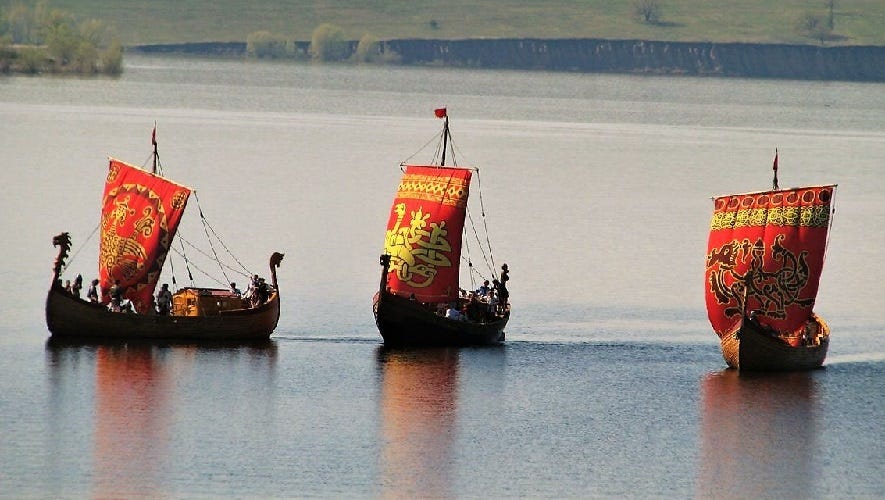
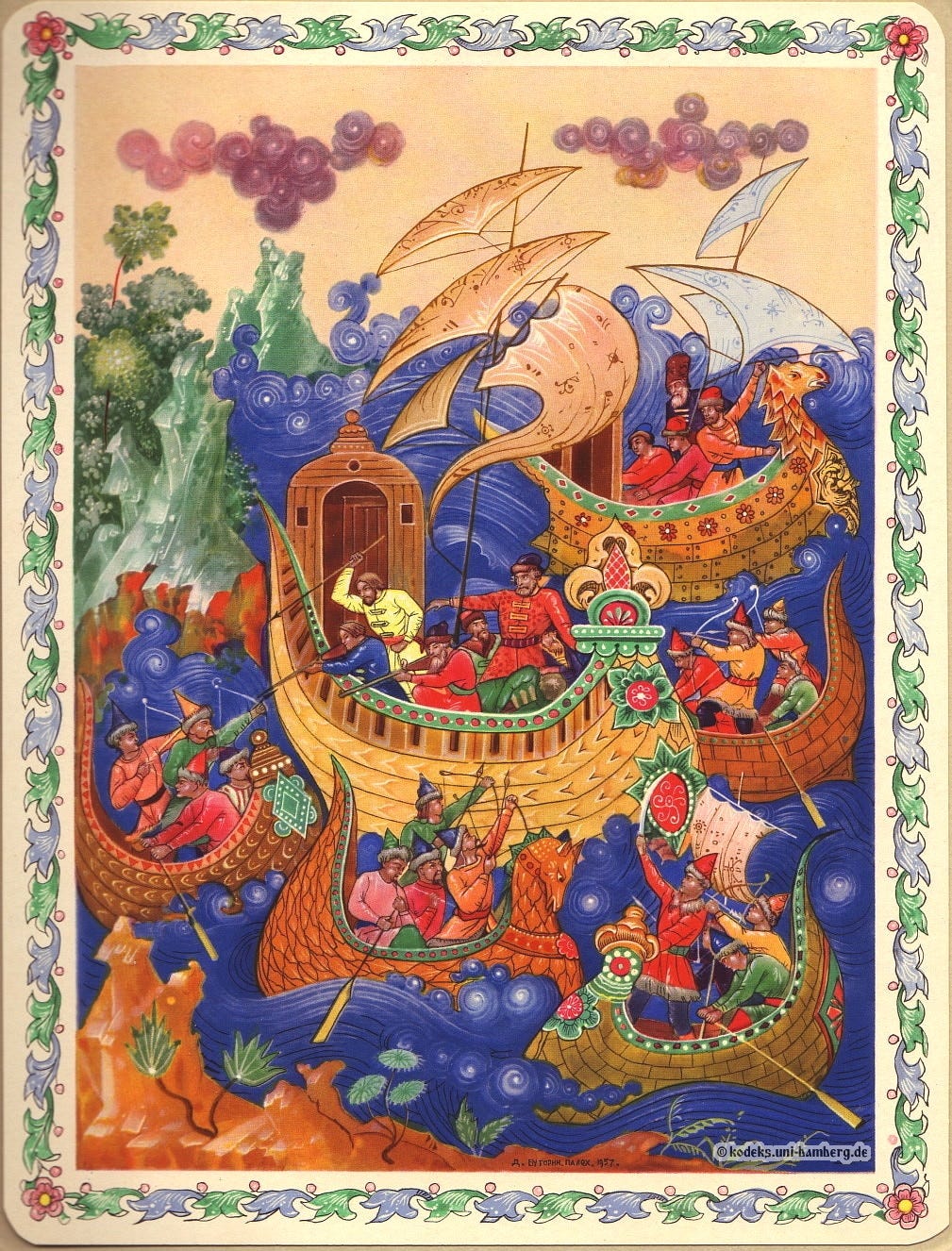
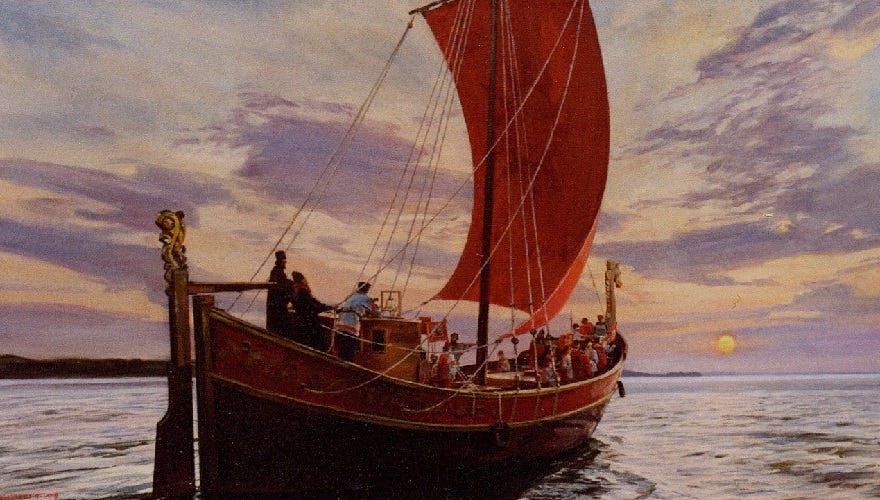
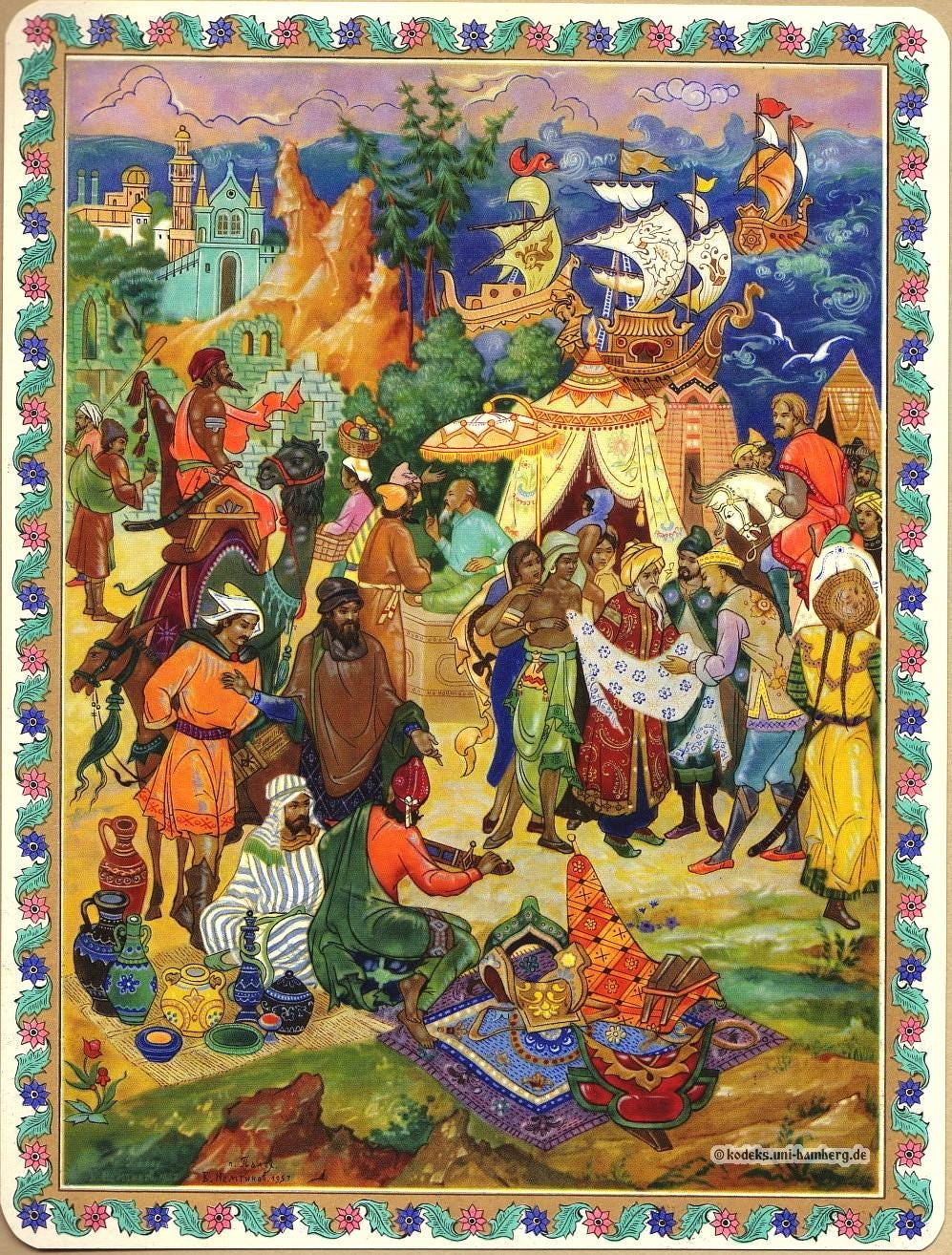
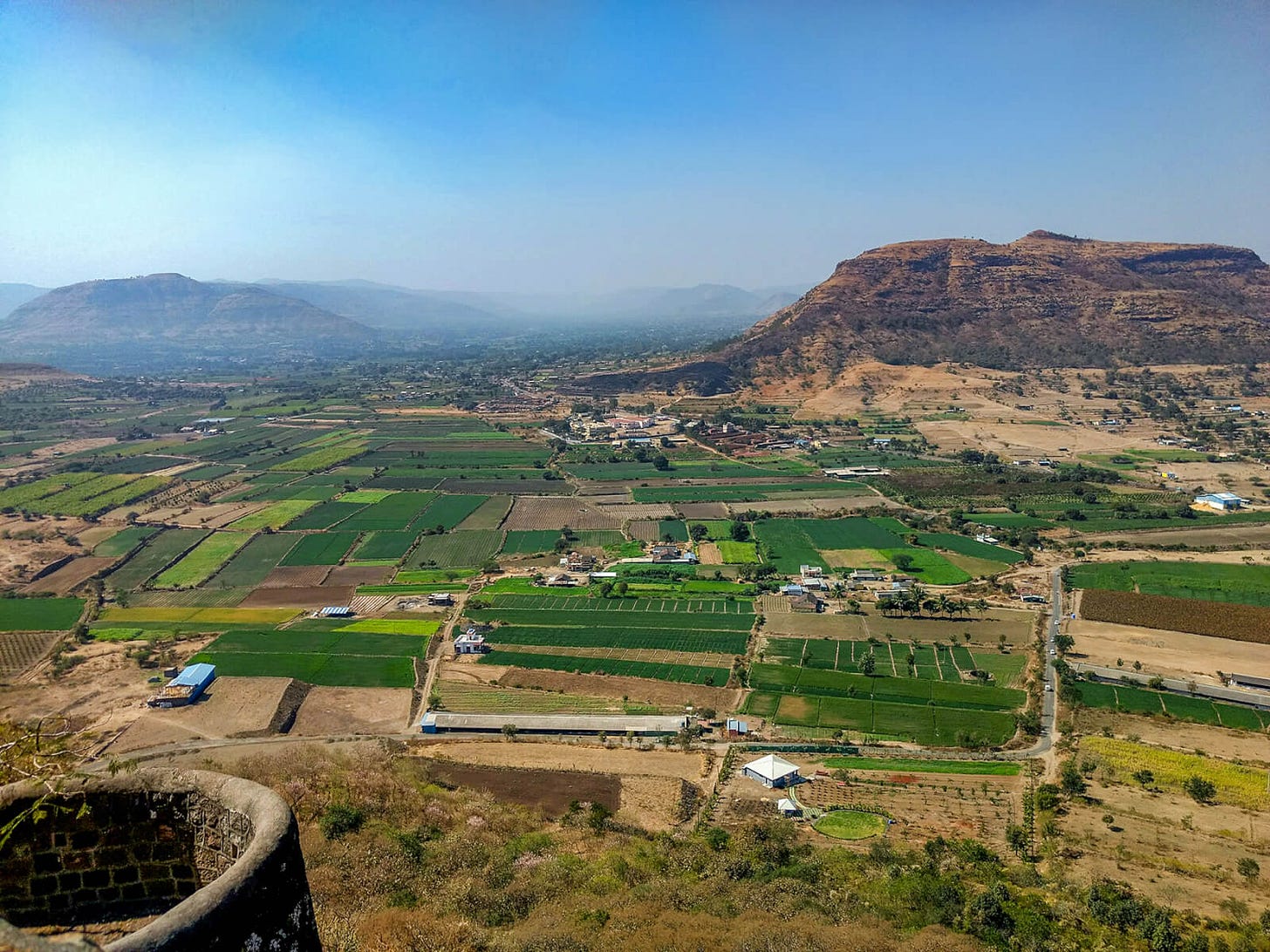
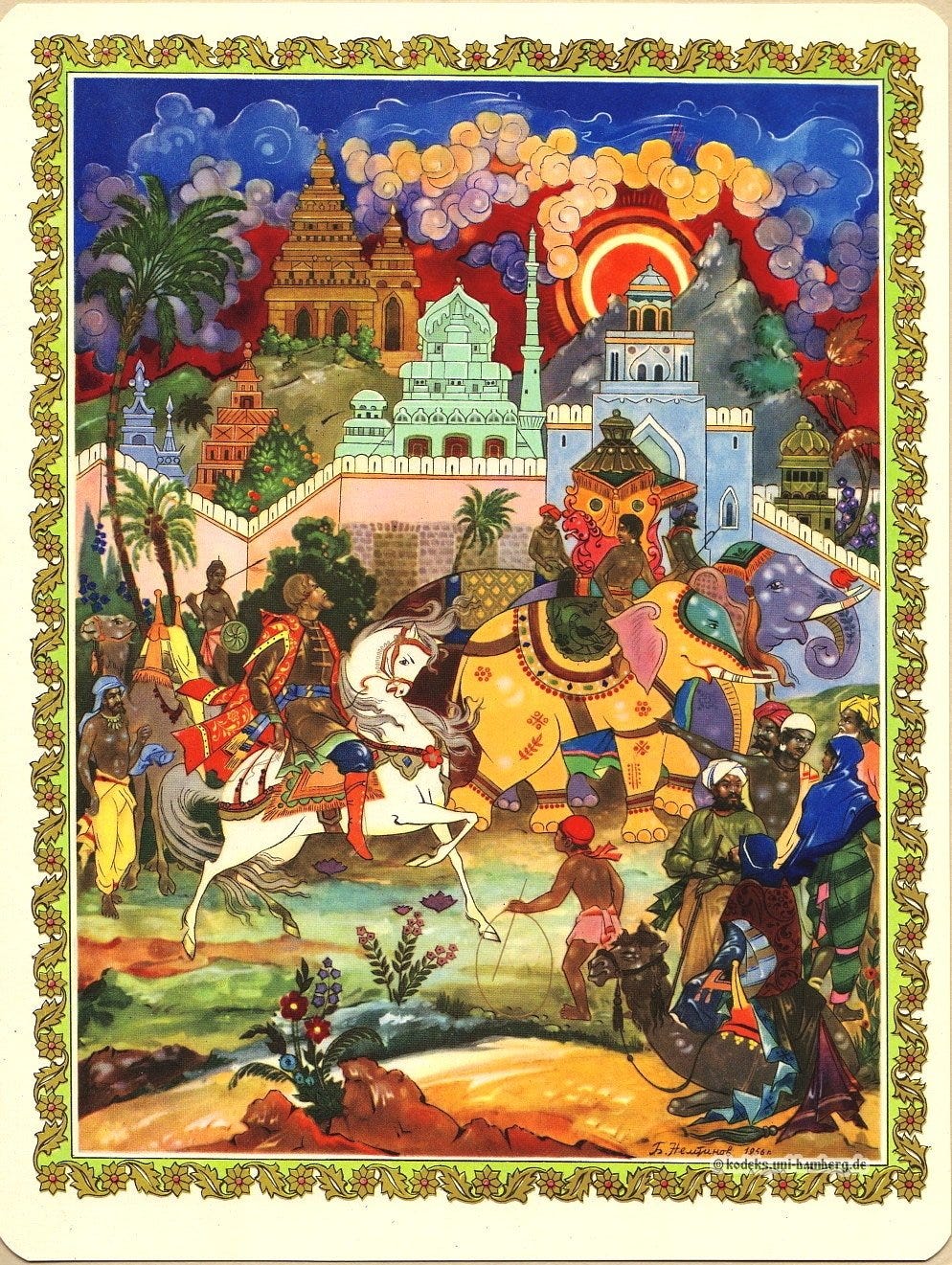
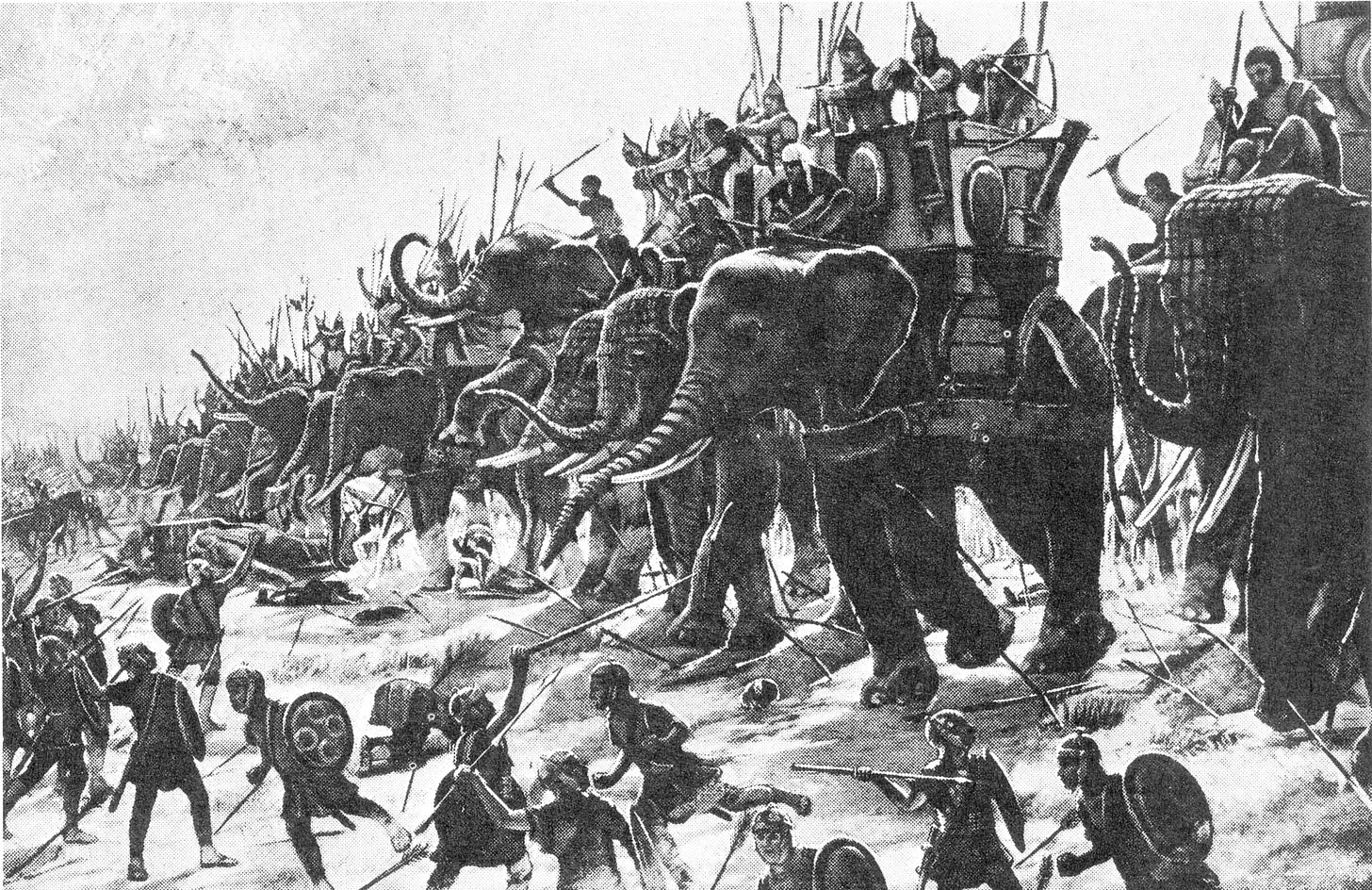
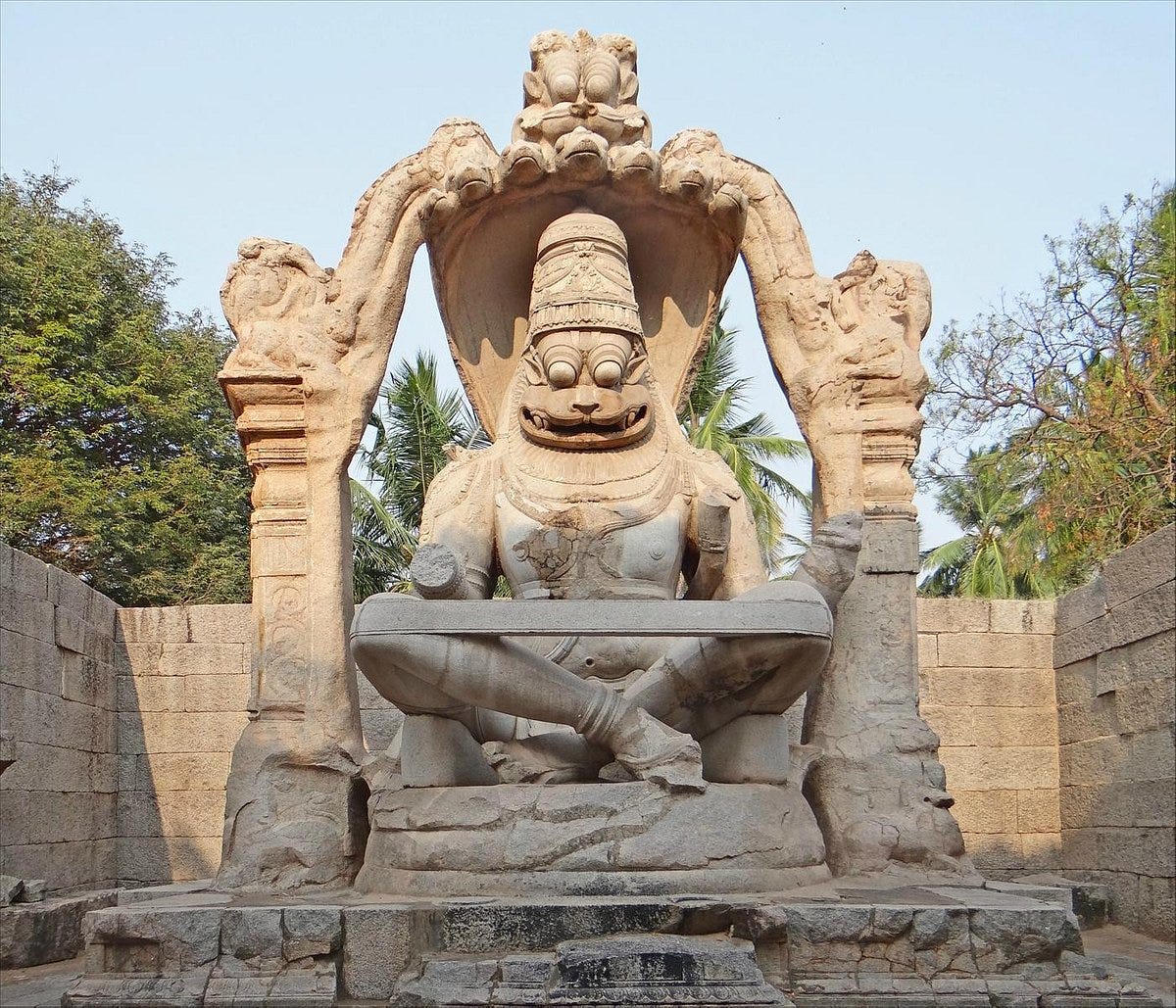
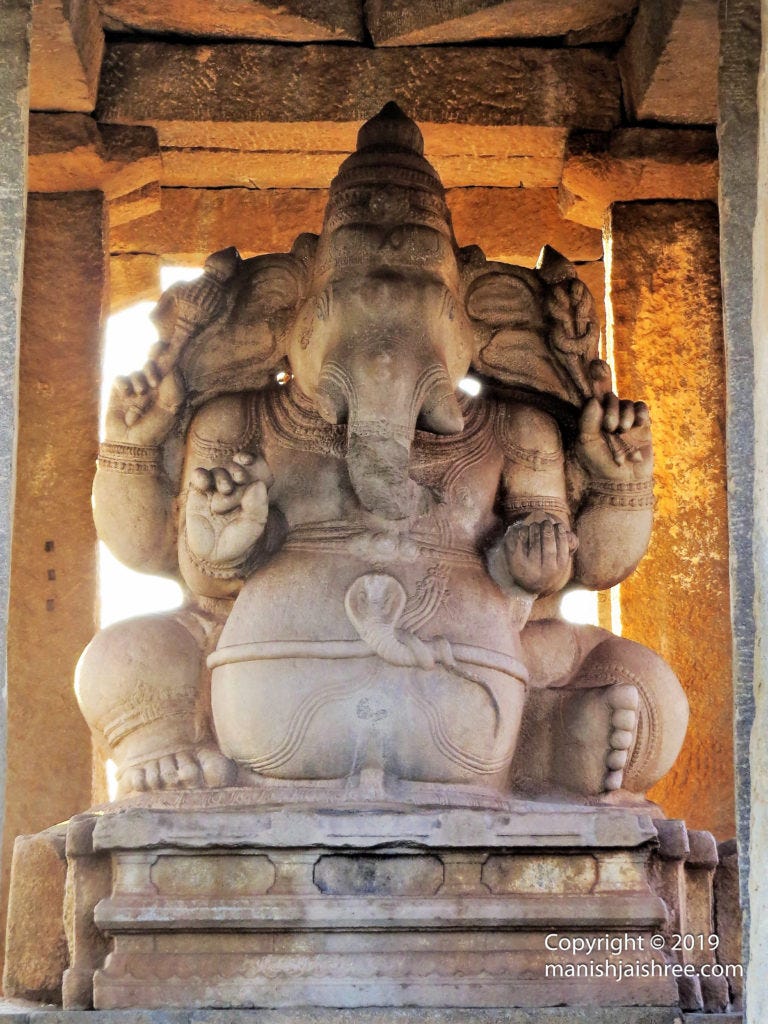

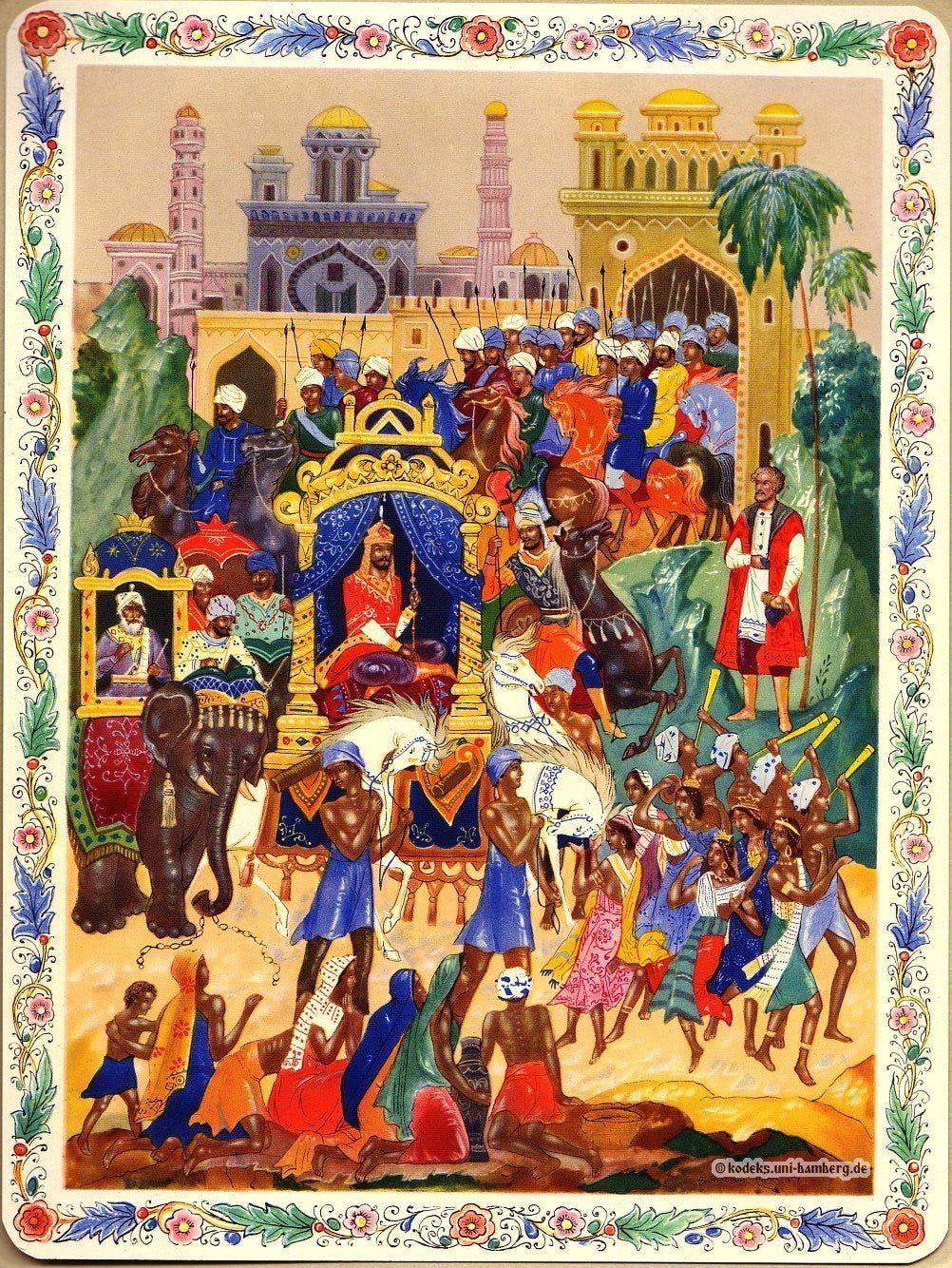
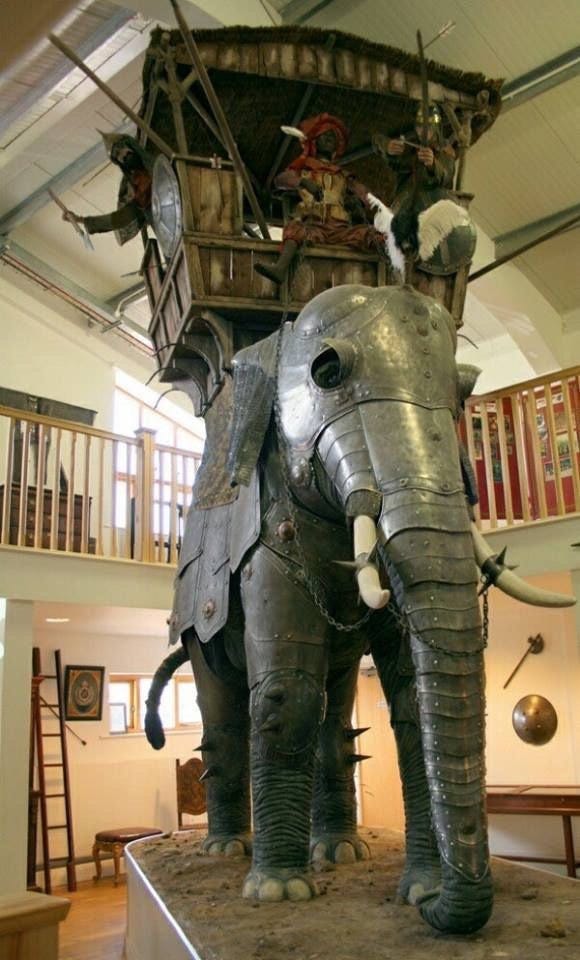
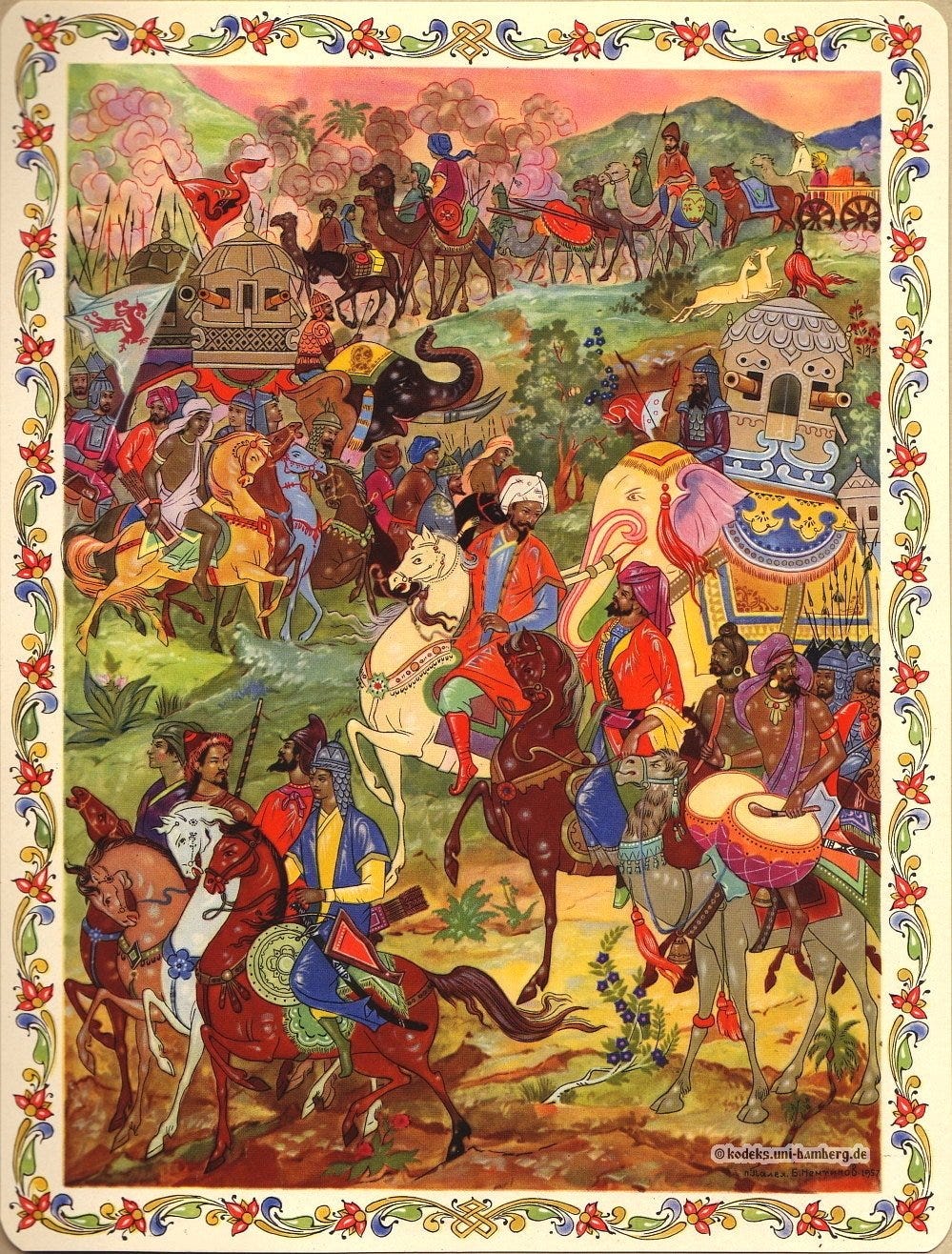

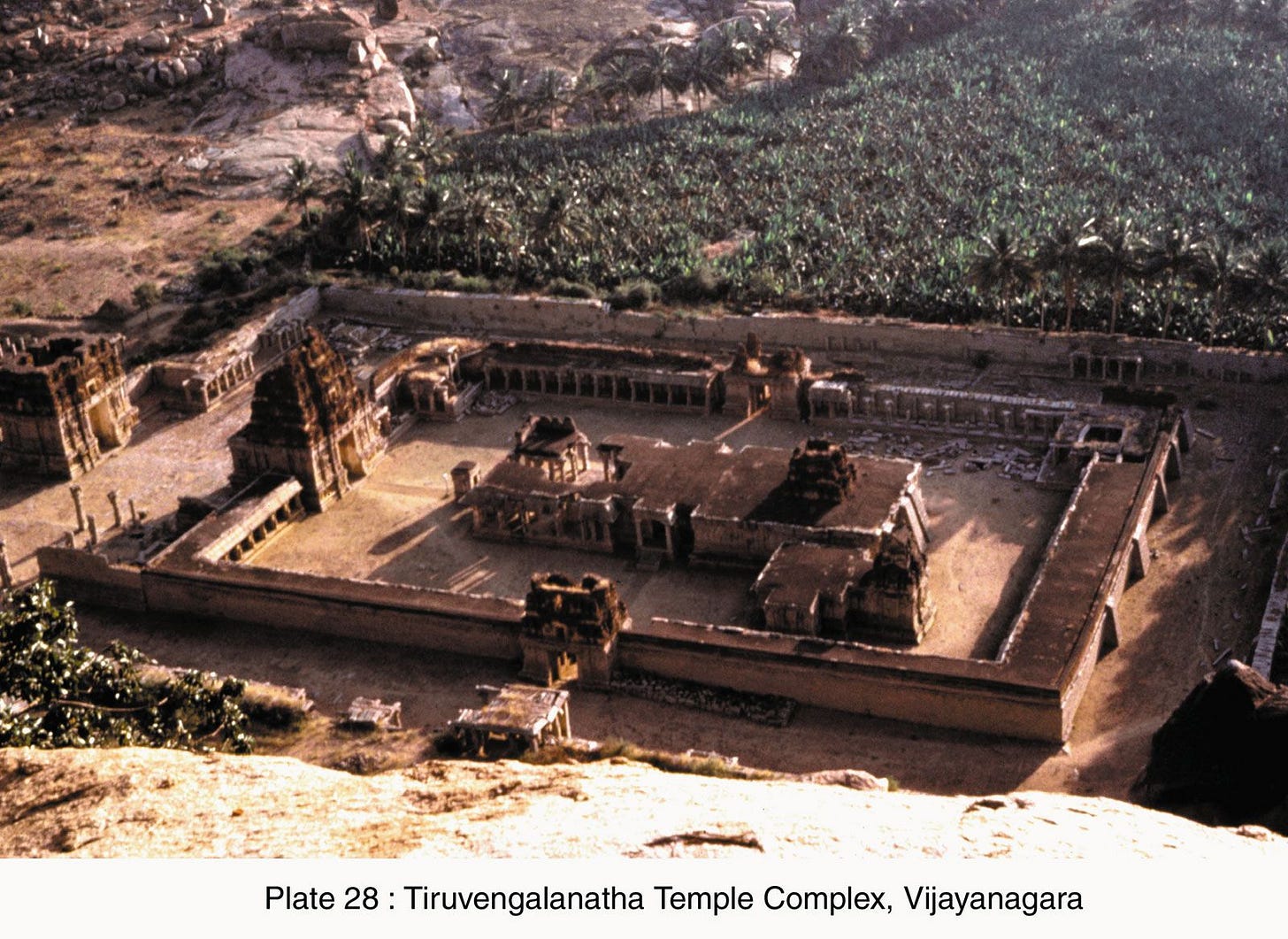
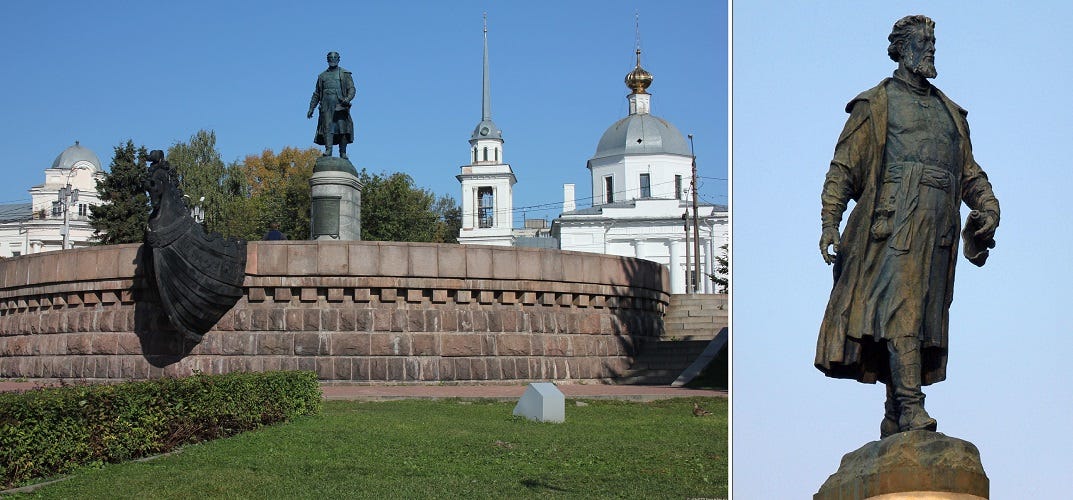
Curious story. It makes me wonder how others like Marco Polo managed to not get robbed all the time. Afanasy seems to have had a almost critical lack of knowledge in this regard.
Very entertaining read! Thanks for sharing!